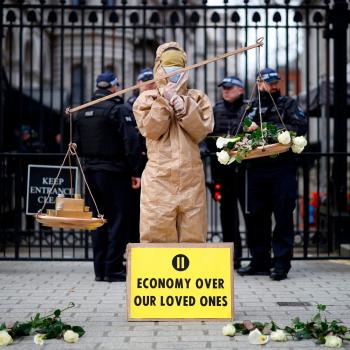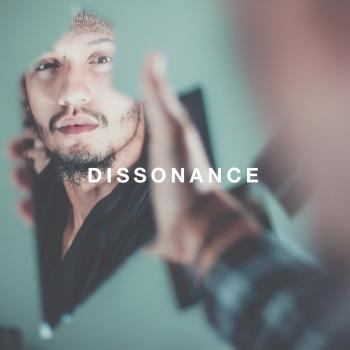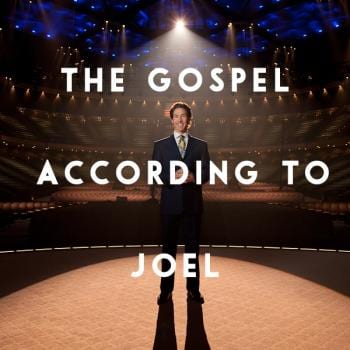Three Ways Theology Encourages an Unhealthy Codependency with God…
One.
It’s fear-driving (i.e. authoritarian).
The plot-twist here is that the leaders driving fear are the ones who are most afraid.
You might ask, “Afraid of what?” Well, it’s obviously different for each individual but, typically I’d say that it’s a dependency upon their need for approval and love. Creating a sense of fear in others is their means of controlling.
All of which, I believe, could potentially fall underneath what’s called Narcissistic Personality Disorder:
“Narcissistic personality disorder — one of several types of personality disorders — is a mental condition in which people have an inflated sense of their own importance, a deep need for excessive attention and admiration, troubled relationships, and a lack of empathy for others. But behind this mask of extreme confidence lies a fragile self-esteem that’s vulnerable to the slightest criticism[1].”
Imagine what the church would look like if it was lead by a bunch of narcissists…
Two.
It demands blind complicity.
It’s a doctrine that says to not question, but to just blindly follow.
The key word here is demands. Piggy-backing on the aforementioned authoritarian form of fear-driving there are always consequences to not following. And, by “consequences” I mean, threats.
It’s a renunciation of oneself.
There’s an unwavering form of commitment demanded upon its people. It encourages one to turn a blind eye on abuses. Even Jesus didn’t agree with this as he permitted divorce in instances of unchastity; which, arguably, includes abusive tendencies.
Three.
At its core, his doctrine says that you’re worthless.
If you think you’re enough then there’s no reason for their God.
Because, their God is the “anecdote” for your loneliness, emptiness, etc.
It creates an unhealthy and addictive form of dependence upon their church; just looking at the research of “What Happens to Your Brain When You Stop Believing in God?”
What all three of these things are doing is, essentially, manipulating your ability to feel guilt and shame by determining when and/or what you feel guilty or shameful about.
No, literally, Fénelon says throughout the book that you’re nothing without God.
Conclusion…
The emotionality of the creator of our universe does not waver by our personal behavior(s). In other words, God’s mood is not determined by our acceptance or rejection of Him (e.g. “God is very angry should you sin;” or “God is very happy when you did that good thing for a friend.”). That would make God, controllably codependent.
Again, this isn’t so much about Fénelon as it is about being able to understand the mechanics of how theologians, err, rhetoriticians work… And, I write this for the sole purpose of being able to better pinpoint manipulative rhetoric and separate it from the actual nature and character of God.
Allow me to be clear: God, if perfect, cannot be codependent. Just reading through the Bible as our main reference here, he’s not a God, who needs, or is dependent upon, our approval, affirmation or relationship.
[Until next time, hit me up on Facebook to follow along with future content of mine]












